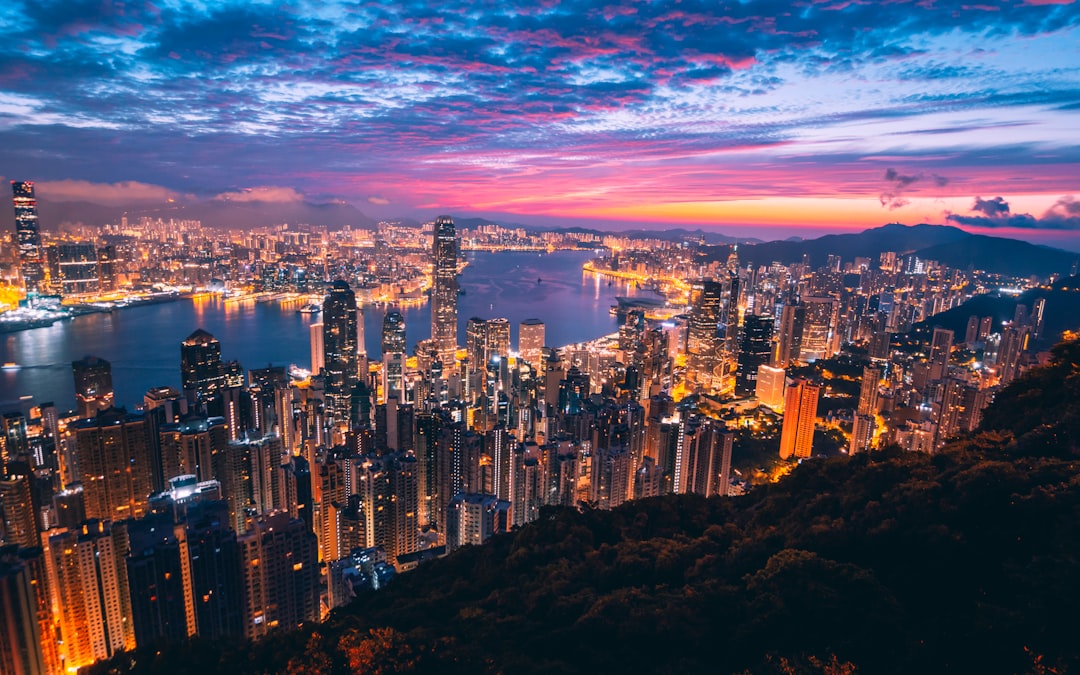What is it about?
Systemic racism is longstanding and pervasive with devastating health impacts. How do Black, Indigenous, and People of Color (BIPOC) find hope? Our paper explores ways BIPOC adults describe and foster a sense of radical hope in the face of ongoing oppression.
Featured Image

Photo by Alex Nemo Hanse on Unsplash
Why is it important?
This study provides critical insight into how Black, Indigenous, and People of Color (BIPOC) make sense of radical hope in the face of intersectional oppression. We found that people found hope in the following ways: Resisting Racism, Embracing Racial Pride, Envisioning Possibilities, Meaning Making and Purpose, and Valuing Self. Findings offered critical insights into individual and community well-being.
Perspectives
Working on this study with the Psychology of Radical Healing Collective and getting to talk with other BIPOC adults about what gives them hope was inspiring and energizing. I hope our article helps mental health professionals and the broader public develop a deeper sense of radical hope.
Associate Professor, Psychologist Bryana French
University of Saint Thomas
Read the Original
This page is a summary of: “We can create a better world for ourselves”: Radical hope in communities of color., Journal of Counseling Psychology, May 2023, American Psychological Association (APA),
DOI: 10.1037/cou0000670.
You can read the full text:
Resources
Toward a Psychological Framework of Radical Healing in Communities of Color
Published article on the Psychological Framework of Radical Healing
Radical hope in revolting times: Proposing a culturally relevant psychological framework
Published article on the cultural relevant psychological framework of radical hope
Contributors
The following have contributed to this page










